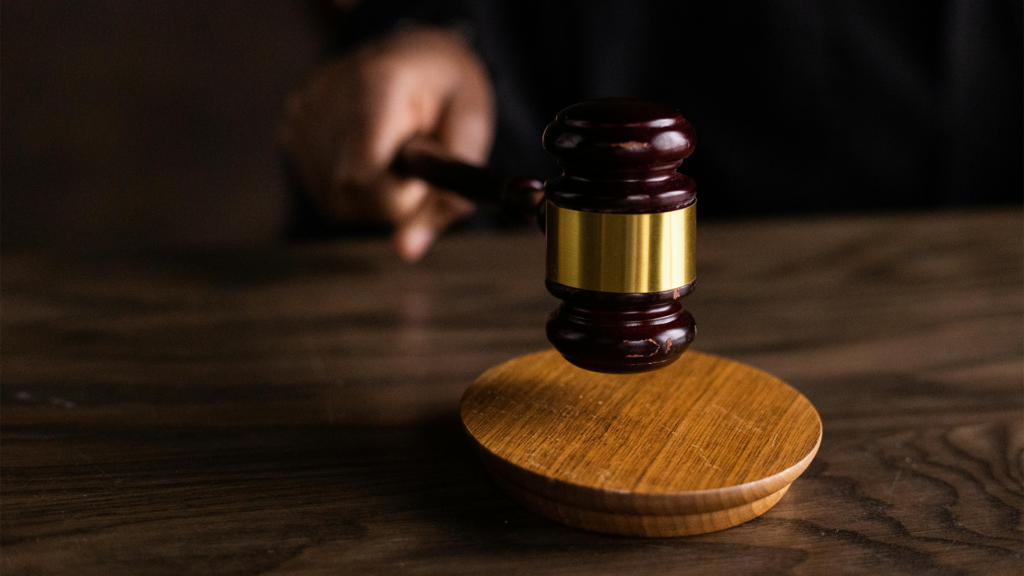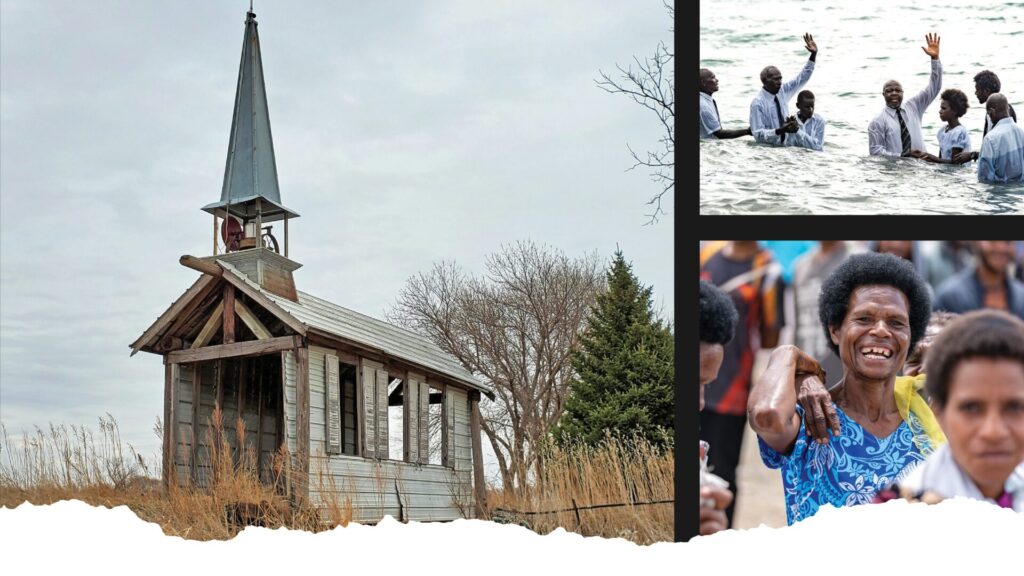In unsettling times it seems the number of conspiracy theories jumps. Perhaps you’ve heard of “plandemic”, that COVID-19 was caused by 5G towers or that Bill Gates engineered the virus to reduce the global population. Maybe you’ve heard COVID data is inflated or, in Australia, that the government is chasing some malicious goal by tracking people through the COVIDSafe app.
Conspiracies exist due to a lack of trust in the government and the idea that the ruling powers are seeking to gain something at the cost of the wider population. In the days of monarchs and empires, there was no need to hide these agendas. Rulers just took what they wanted from the people.
Democracy brought in a level of distrust—we are unsure if the government seeks good or evil. The question is: how do we respond as Christians and as Adventists?
Within the Adventist Church, there are often elevated levels of concern due to the way we read apocalyptic literature. We have a historicist perspective—an interpretation method that associates the apocalyptic imagery of books like Daniel and Revelation to people, places and political powers. While this is an objective way to interpret Scripture, if done without the central focus on Jesus, it allows for fear and conspiracy to creep in.
I remember participating in a Bible boot camp. The discussion leader had us brainstorm different starting points for engaging people in a biblical discussion. Several of the usual suspects were listed: health, wellbeing, etc. Then, with some sarcasm, I yelled out “conspiracy theories”. The crowd giggled. Our host started to write the answer and (rightly) decided not to. The crowds’ response acknowledged the underlying bias the church community has towards apocalyptic prophecy and conspiracy. We need to recognise this bias when we look for the fulfilment of prophecy. And we need to understand why those prophecies were written.
Apocalyptic prophecy wasn’t written so we could prevent events from happening. Jesus states that hard things would continue to occur until the end of time (Matthew 24:6-8).
Apocalyptic prophecy wasn’t written so we could know the secrets of what will happen; to preach that knowledge of these secrets is essential to salvation. Rather, prophecy reveals truths that allow us to have confidence that God will save.
Apocalyptic prophecy exists so we become dependent on God as the central power in our life. We know that no matter what happens with beasts and dragons, we are utterly reliant on the will of God.
Apocalyptic prophecy reminds us that time is short, things will get messy and we have a job to do. The first angel’s message clearly states that judgement has come. Our mandate is to proclaim, in the present, that God is the Victor, worthy of worship.
So when should we worry about a conspiracy? Well, we shouldn’t. [pullquote]
Even if an overextending government is blatantly controlling our lives, we shouldn’t worry. Why? Because God is the centre of our existence; He has our future in His Hands—not a temporal one, but an eternal one.
When Jeremiah prophesied the Babylon exile (Jeremiah 29:1-15) it came with a command to prosper in exile. Though the government was against the Jews, God had bigger plans. He had the care of the people’s hearts and minds beyond what they thought they needed. We should consider our situation similar to these exiles. We’re living in a land that is not our eternal home and we need to trust and deal with our ruling governments.
So the right conspiracy is not a conspiracy, it’s a controversy—the controversy between good and evil; God and the accuser. The accuser is the one creating the claims of conspiracy about God and His government, attempting to undermine because he doesn’t have the power he desires. He plants seeds of doubt and arguments of injustice, much like the conspiracy theories we see in the world today.
So I encourage you; if you are concerned about the current global crises or caught up in investigating conspiracies, remember that God is in control. All that matters is the truth we have in Christ’s soon return.
If you know someone worried or concerned, now is an opportunity to share hope with them and to help them remove that anxiety. Let them know that, regardless of the outcome, we have a God who is bigger than any conspiracy or government.
Justin Boyd is associate pastor of Kellyville church, NSW.






